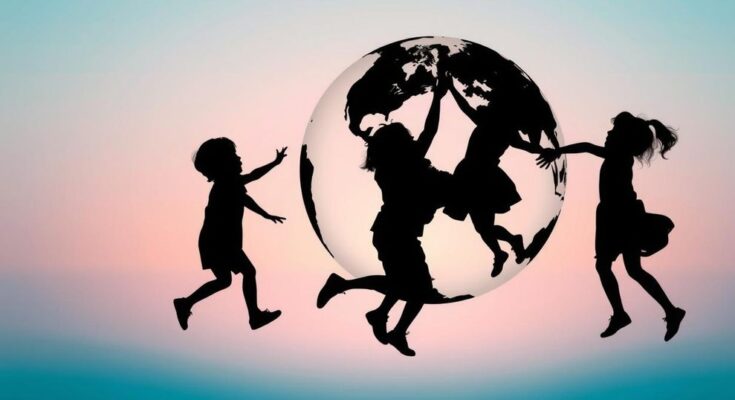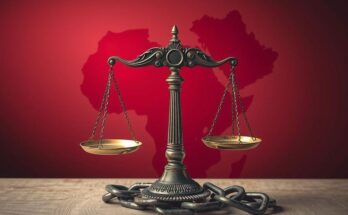In a pivotal revelation, South Korea, dubbed the largest ‘baby exporter’, has acknowledged long-standing human rights violations linked to overseas adoptions. A recent report from the Truth and Reconciliation Commission highlights that government negligence allowed the adoption of at least 170,000 children, often through dubious and coercive methods.
The commission’s findings stemmed from three years of investigations, prompted by complaints from adoptees who suspect their adoptions lacked legality and transparency. This scrutiny was intensified after Denmark urged an inquiry in 2022, prompting South Korea to reflect on its past practices.
Local agencies exploited overseas demand, enmeshing themselves with foreign groups to fulfil adoption quotas without necessary oversight. The report asserts that the government’s failure to protect adoptees’ rights violated both constitutional obligations and international agreements, allowing children’s identities to be obscured through manipulated records.
Historically, since 1953, South Korea has sent nearly 200,000 children abroad, driven by a preference for overseas adoption rooted in poverty and neglect of domestic solutions. This industry thrived as private agencies profited by misrepresenting children’s backgrounds and charging excessive fees.
Peter Moller, a prominent South Korean adoptee in Denmark, expressed the need for transparency, stating that the commission’s findings could no longer conceal the deeper issues of deceit within the adoption framework.
As of now, the South Korean government has not formally recognised its complicity but has indicated plans to reform the adoption system, including preparations for a new law reinforcing state oversight. Advocates like Yooree Kim, an adoptee sent abroad without parental consent, have called for broad DNA testing for family reunions and governmental accountability for past injustices.
The commission’s recommendations include a formal apology, reparations for affected adoptees, and ratification of international agreements to protect children’s rights globally, emphasising the necessity of recognising state-sanctioned exploitation historically endured by numerous adoptees.
South Korea’s Truth and Reconciliation Commission unveiled significant human rights violations in the overseas adoption process involving at least 170,000 children. Investigations revealed that government negligence enabled unethical adoptions, often through fraudulent means. The commission has urged the government to acknowledge responsibility, issue apologies, and provide reparative measures as it plans reforms to strengthen the adoption system.
In summation, the acknowledgment of historical wrongs by South Korea regarding overseas adoptions exposes a grim reality of human rights violations, necessitating systemic reforms. The Truth and Reconciliation Commission’s findings urge the government towards reconciliation, denouncing past negligence that stripped children of their identities for profitless motivations. Moving forward, it is critical for South Korea to rectify these injustices transparently and with compassion for affected families and individuals.
Original Source: www.independent.co.uk



